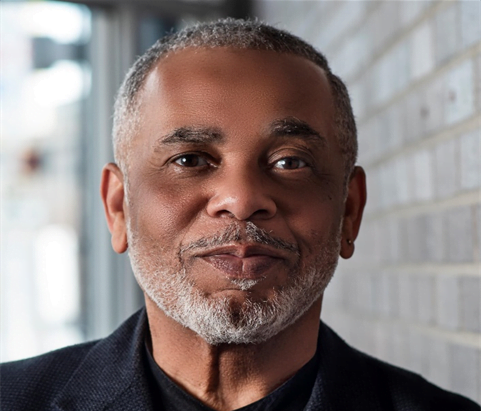
Structural Racism and Psychological Trauma: The State of Black men in Baltimore City and Beyond

In 1952, Ralph Ellison published Invisible Man, a novel describing a Black man’s self-reflexive journey from the American South to the North and his experiences of racial discrimination as a black man. And, as a result of his social experiences, the Black man in the novel realizes that he is socially and politically invisible because the people he encounters and the policies that govern him see him only as a stereotype or caricature.
With this categorization comes a set of stereotypes related to criminality, ineptitude, and poor health behaviors. Almost seventy years later, Ellison’s invisible man becomes a metaphor for the historical and current social realities facing far too many Black men living in Baltimore City and across the country.
This presentation will elevate the conversation related to the socio-economic and psycho-cultural contexts of black men in society and how Black men are viewed, treated, criminalized, demonized, and how they have been, and are still being rendered voiceless and invisible. A number of recommendations will also be lifted up and shared with participants.
Richard Rowe, MPA, currently serves as the Director of Training for the Black Mental Health Alliance, Inc. He has served as a senior manager/project director for numerous public/private agencies and grassroots organizations. Richard’s areas of specialization include mentoring, fatherhood, family-centered healing rituals, collaborations, and partnerships, enhancing intergenerational relationships, healing-centered engagement, stress reduction, wellness, and resiliency.
He has also provided strategic planning, leadership development, and capacity building and consulting support to public and private schools, colleges and universities, community organizations, and a host of nonprofit agencies including the Associated Black Charities, Sojourner-Douglass College, the Baltimore Mentoring Project, the National Trust for Black Men, My Brother’s Keeper-Baltimore, and the African American Men’s Leadership Institute.
Richard has facilitated a series of interactive workshops and trainings that are designed to provide Black parents/caregivers with information necessary to teach their children how to recognize, resist, recover and heal from the emotional trauma and the harmful effects of historical and contemporary institutional racism. Richard is a past recipient of Fellowships from the Campaign for Black Male Achievement and Open Society Institute-Baltimore, which supported his design and implementation of life-affirming programming for Black men and boys.
Contact Lea Gilmore (lea@govanspres.org) for more information.